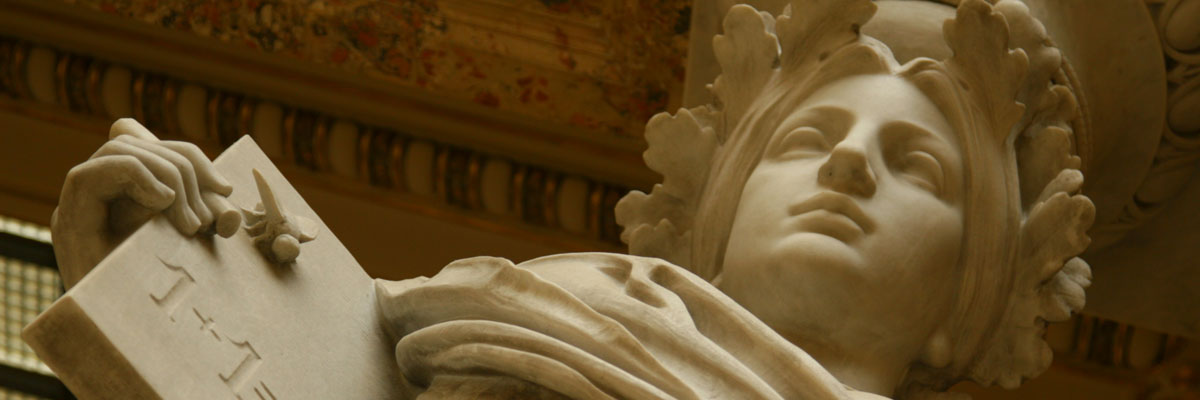
News archive
Search
Selected range: all newsWhat does it mean to be a metal and how is a metal formed? These seem like textbook questions with a simple answer: Metal is characterized by free electrons which give rise to its high electric conductivity. But how exactly is a metallic conduction band formed from originally localized electrons and what is the corresponding microscopic picture for the material involved? In collaboration involving scientists from the Czech Republic, USA, and Germany, the research team of Pavel Jungwirth from the Institute of Organic Chemistry and Biochemistry of the Czech Academy of Sciences (IOCB Prague) has succeeded in mapping at the molecular level the electrolyte-to-metal transition in alkali metal – liquid ammonia solutions using a combination of photoelectron spectroscopy (PES) and electronic structure calculations. The results of their research were recently published as a Research Article in Science, one of the most prestigious scientific journals in the world, which also selected the study for cover image.
Scientists from several institutes of the Czech Academy of Sciences (CAS) assist with testing samples for the new type of coronavirus causing the Covid-19 disease, they develop new diagnosing methods and analyse materials for the production of protective masks and respirators. All the news related to the assistance of the CAS in the struggle against the contagion can be found at social media under the hashtag #Veda_proti_covidu (science against covid) and outlined in the following article. The survey is regularly brought up to date and its items are sorted from the most recent to the oldest ones.
Exploration of Mars has revealed the presence of large outflow channels which have been interpreted as the products of catastrophic flood events during which a large quantity of water was released from the subsurface. The rapid burial of water-rich sediments following such flooding may have promoted an ideal setting to trigger sedimentary volcanism, in which mixtures of rock fragments and water erupt to the surface in the form of mud. The study of the international team led by Petr Brož from the Institute of Geophysics of the Czech Academy of Sciences has been published in Nature Geoscience.
A technology developed by a team of researchers, led by Hana Lísalová from the Department of Optical and Biophysical Systems of the Institute of Physics of the Czech Academy of Sciences, should enable to detect SARS-COV-2 virus particles directly - in contrast to the demanding detection of antibodies in patients' bodies.
The overlooked marine single-celled protists, which have a major impact on life on the planet, has now received greater scientific attention. One hundred and thirteen scientists from 53 laboratories from 14 countries around the world have united forces to develop genetic methods to investigate these microscopic organisms, taking ocean research a step further. This extensive study was coordinated by molecular biologists Drahomíra Faktorová and Julius Lukeš from the Institute of Parasitology, Biology Centre (BC), Czech Academy of Sciences (CAS), and it was published on 6th April, 2020 in Nature Methods. The study was funded primarily by the Gordon and Betty Moore Foundation, EMS Program of the Marine Microbiology Initiative.
Scientists from several institutes of the Czech Academy of Sciences assist with testing of samples for the new type of the coronavirus and analyse materials for the production of breathing masks and respirators. The Czech Academy of Sciences has also offered a Cessna aeroplane for the use of the Czech government in distribution of necessary medical material. The coronavirus’ impact upon society is analysed by economists from the IDEA think tank. All news related to the CAS’s assistance in the struggle against the contagion can be found at the social media under the hashtag #Veda_proti_covidu (science against covid). The following article contains all the news sorted from the most recent to the oldest ones.
The European Academies of Science (EASAC) warn that current efforts to resolve the plastics crisis are ineffective and misleading. Policymakers and industry must address conflicts in the whole system, from production to end-of-life. “Reducing the leakage of millions of tons of plastic waste into the marine, terrestrial and freshwater environments is incompatible with banking on continued growth in the use of plastics”, says EASAC’s Prof. Michael Norton. EASAC’s latest report Packaging Plastics in a Circular Economy shows that fundamental and systemic reforms are required along the whole value chain, in order to slow and reverse damage to the environment, biodiversity and ultimately risks to human health.
A team of Czech scientists has demonstrated for the first time the controlled transfer of an electron within a single molecule. Published in the journal Nature Communications, the work presents important knowledge about one of the key processes in physics, chemistry, and biology and also provides inspiration for the construction of quantum computers based on molecular cellular automata and supercapacitors for storing energy in individual molecules.
ATTENTION
Due to the current hygienic and epidemiologic situation
pertaining to the occurrence of the new type of coronavirus
and due to active medical prevention,
with consent of the administration of the CAS,
the building of the Academy of Sciences at Národní 1009/3 is closed
both for professional and general public,
including the premises of the Library of the CAS,
Science and Art gallery, and Gastronomic Services Národní,
with effect from 4 March 2020 until further notice.
At the same time, all events for public, lectures, and conferences are cancelled.
Attendees of business meetings and work courses shall report at the reception where they will be informed about the rules regarding the entry into the building.
JUDr. Jiří Malý, deputy director of the Centre of Administration and Operations
of the CAS
On 3 February, the Human Brain Project (HBP) held its annual Open Day at Megaron International Conference Centre in Athens, Greece. The Open Day is the biggest annual outreach event of the HBP and presents the latest developments in neuroscience, computing, and related research infrastructures.









